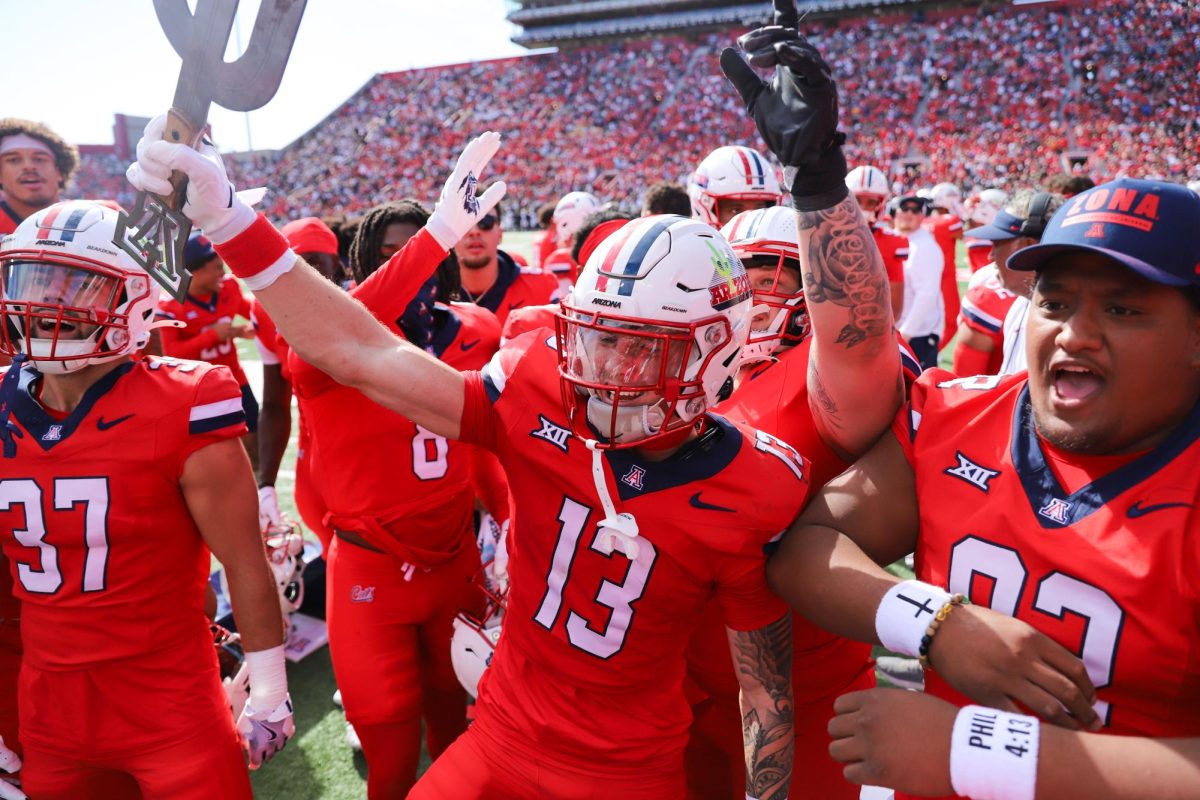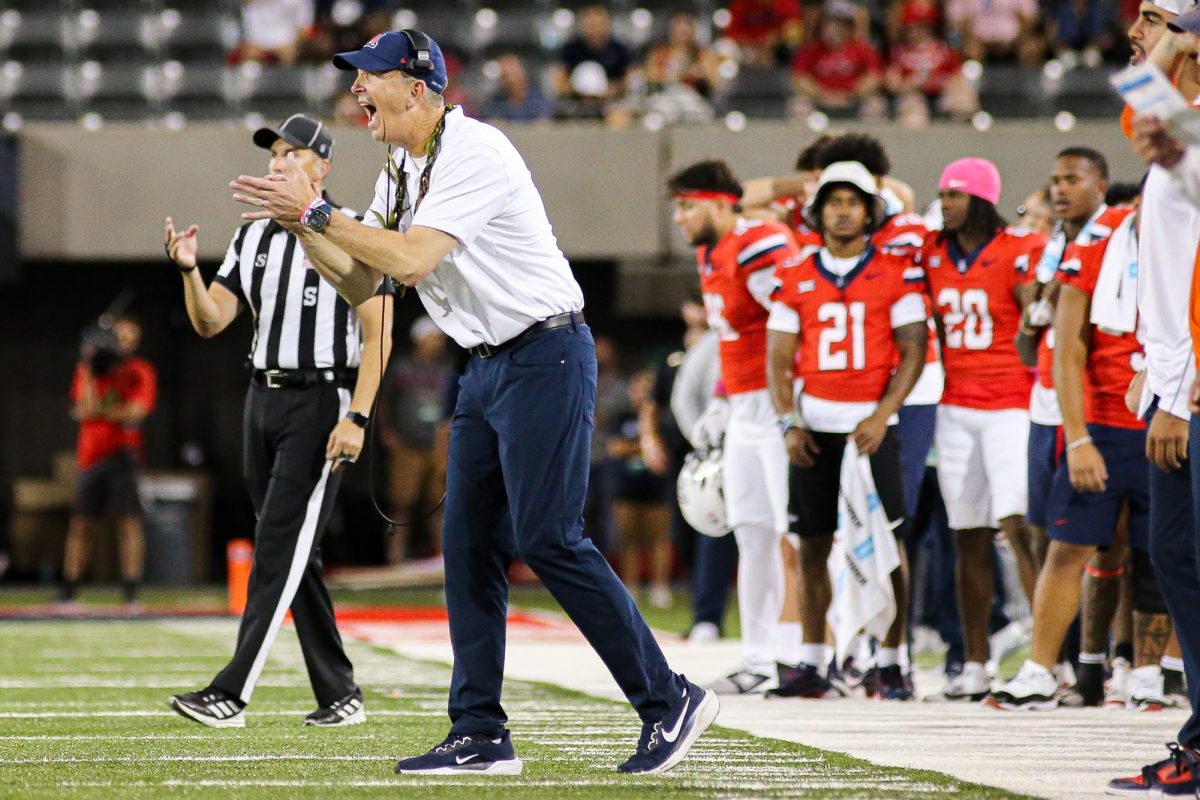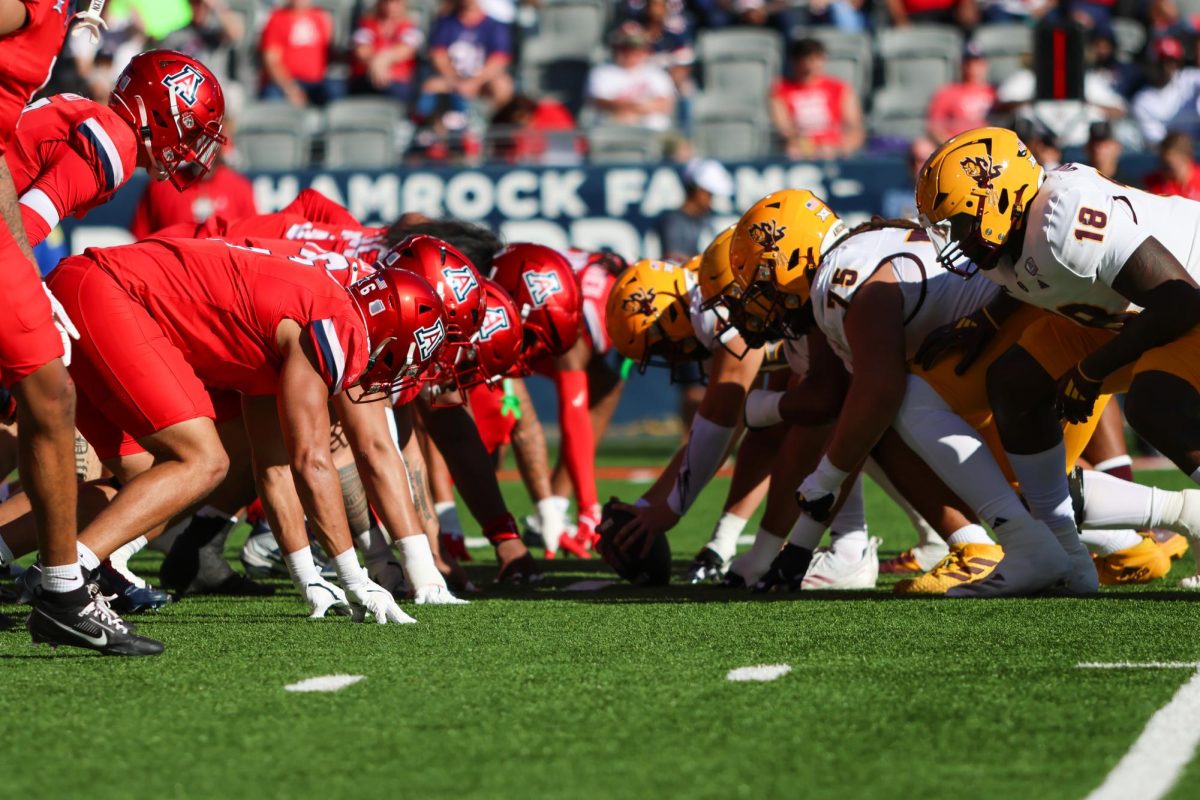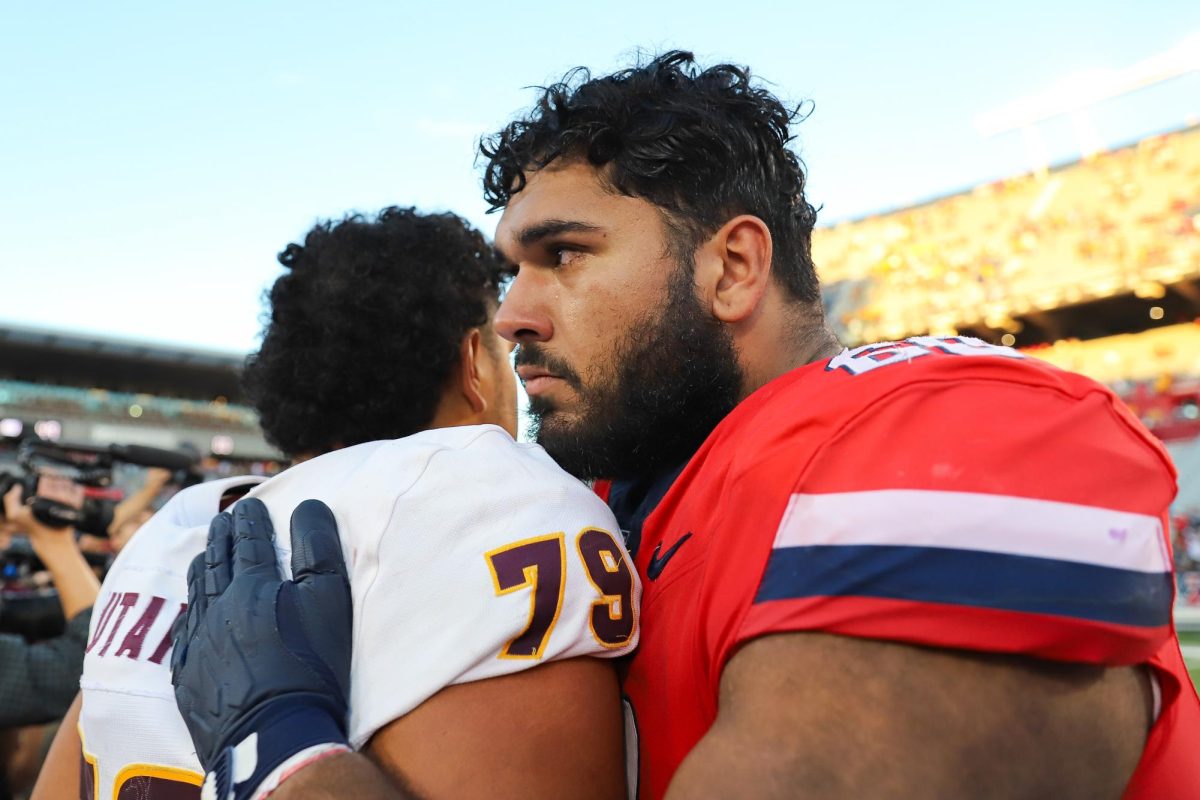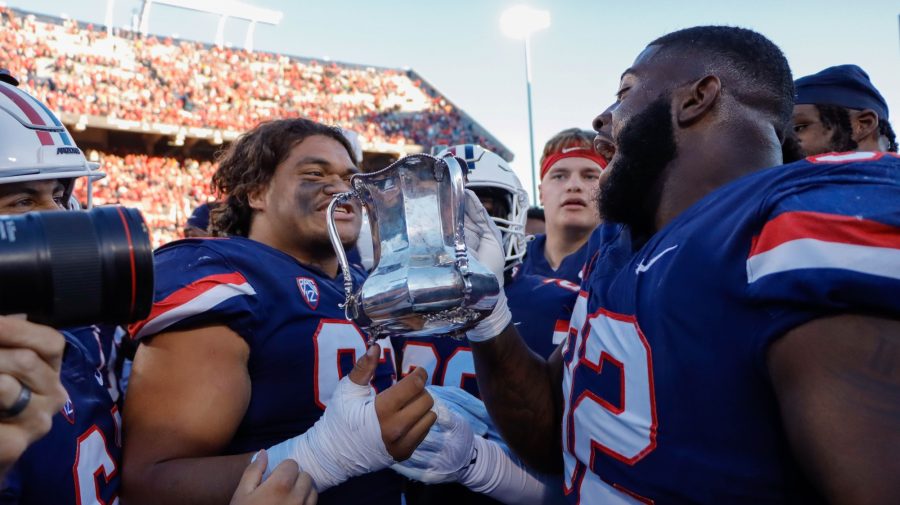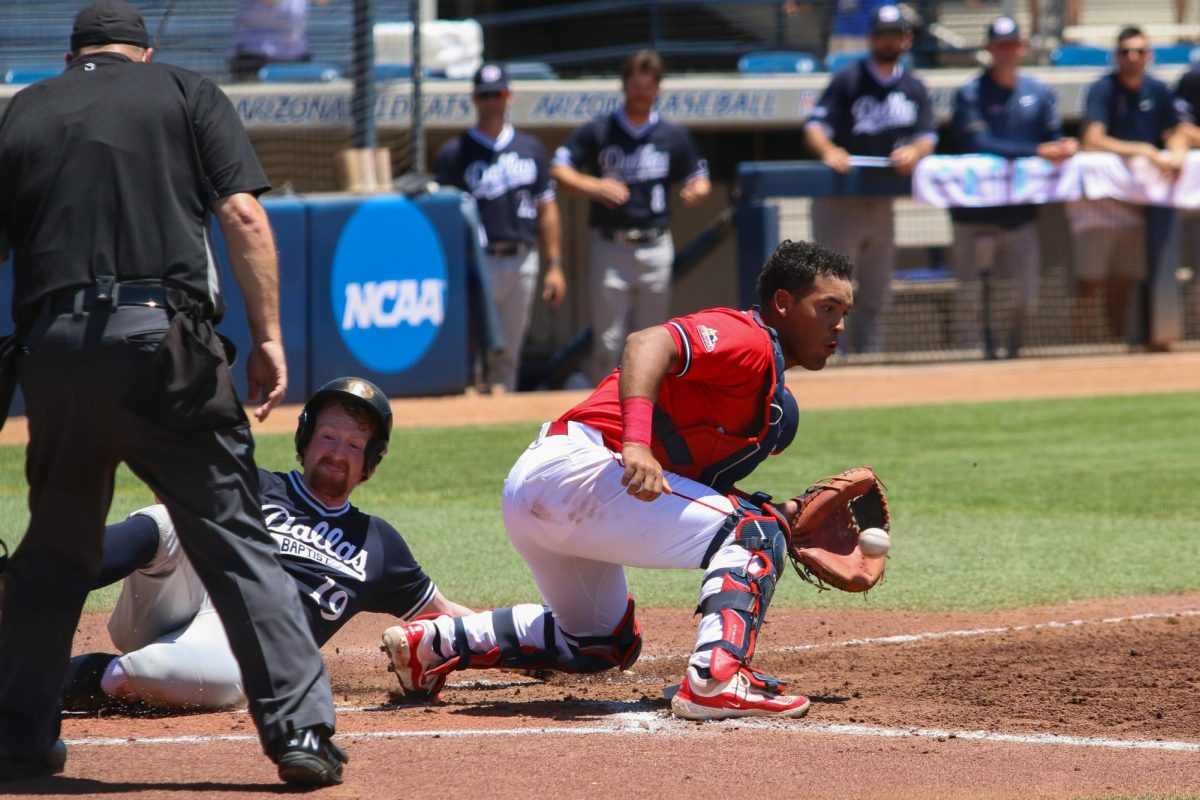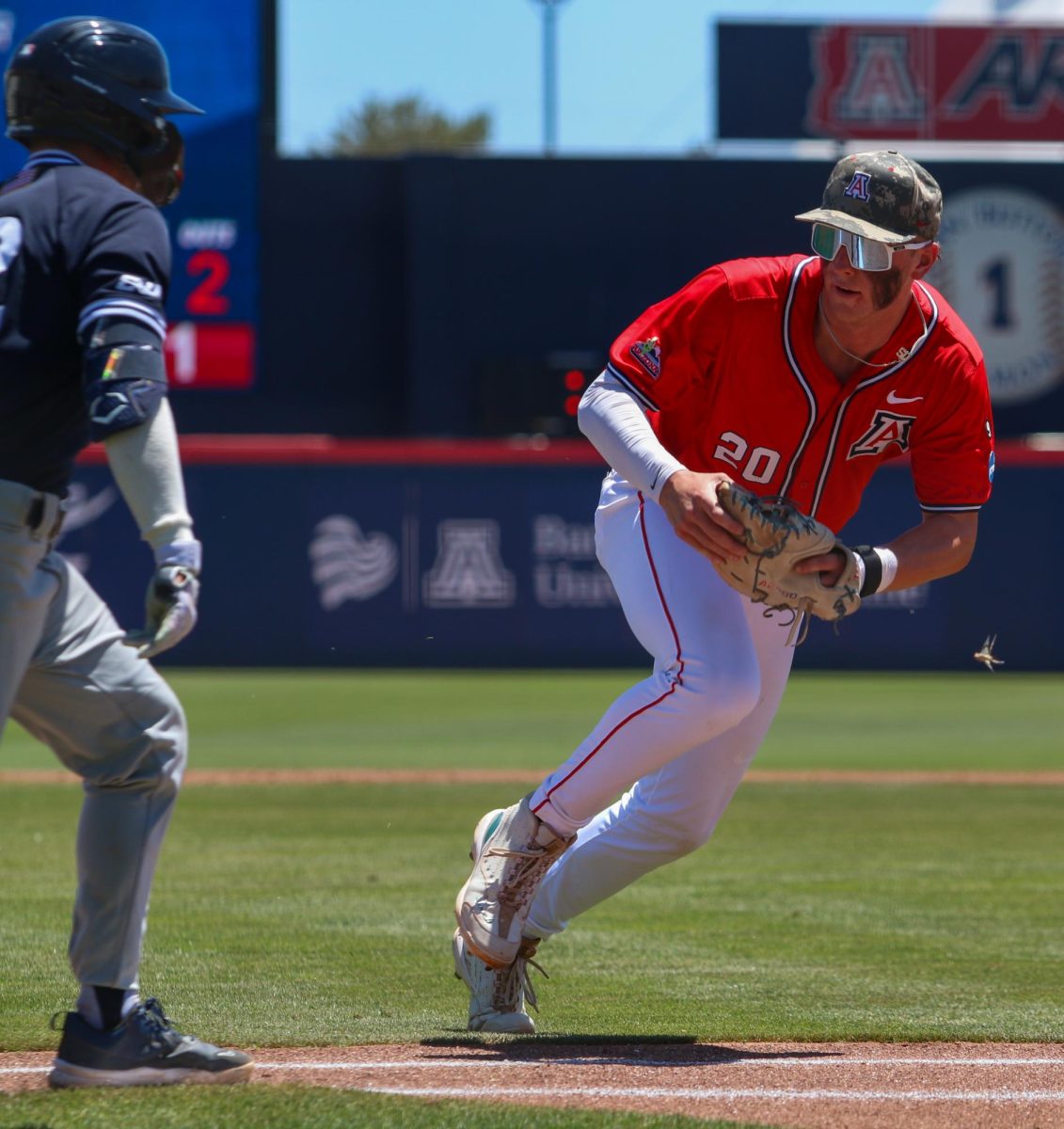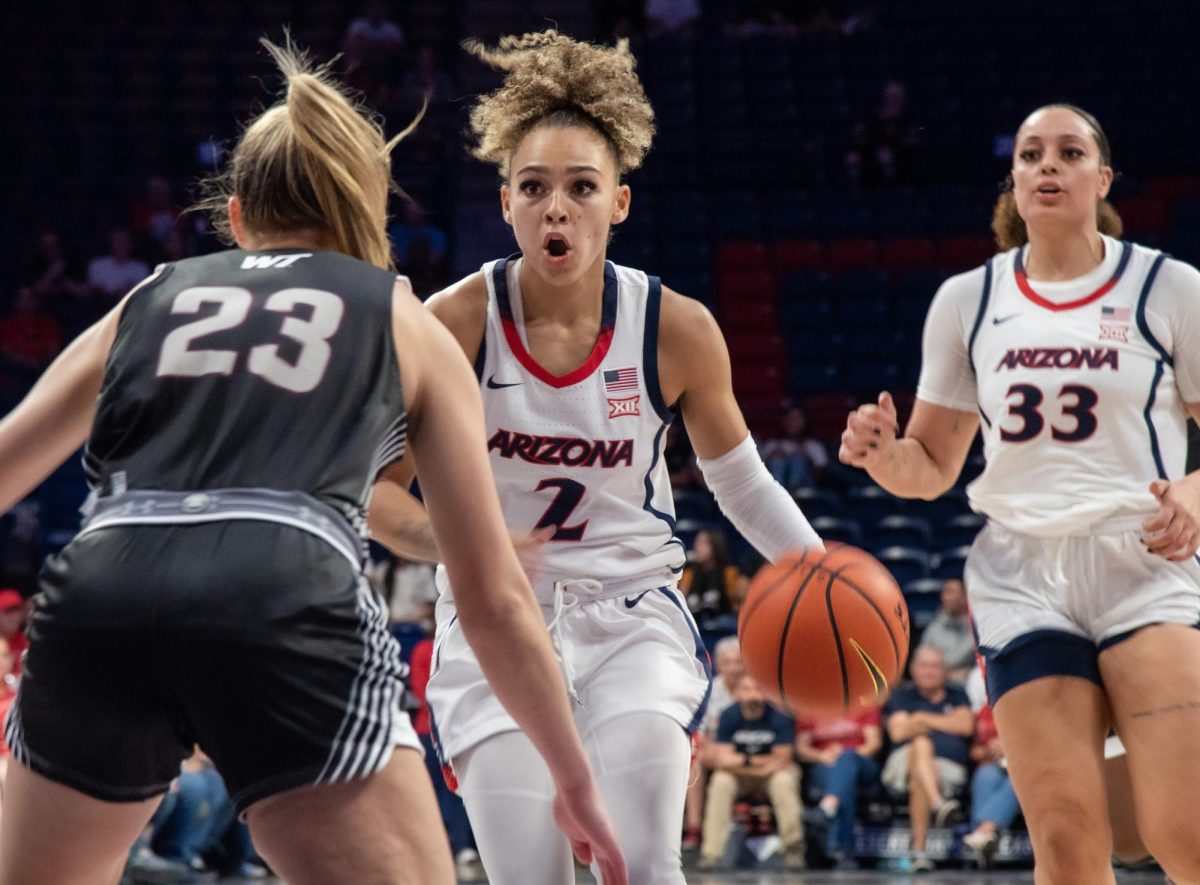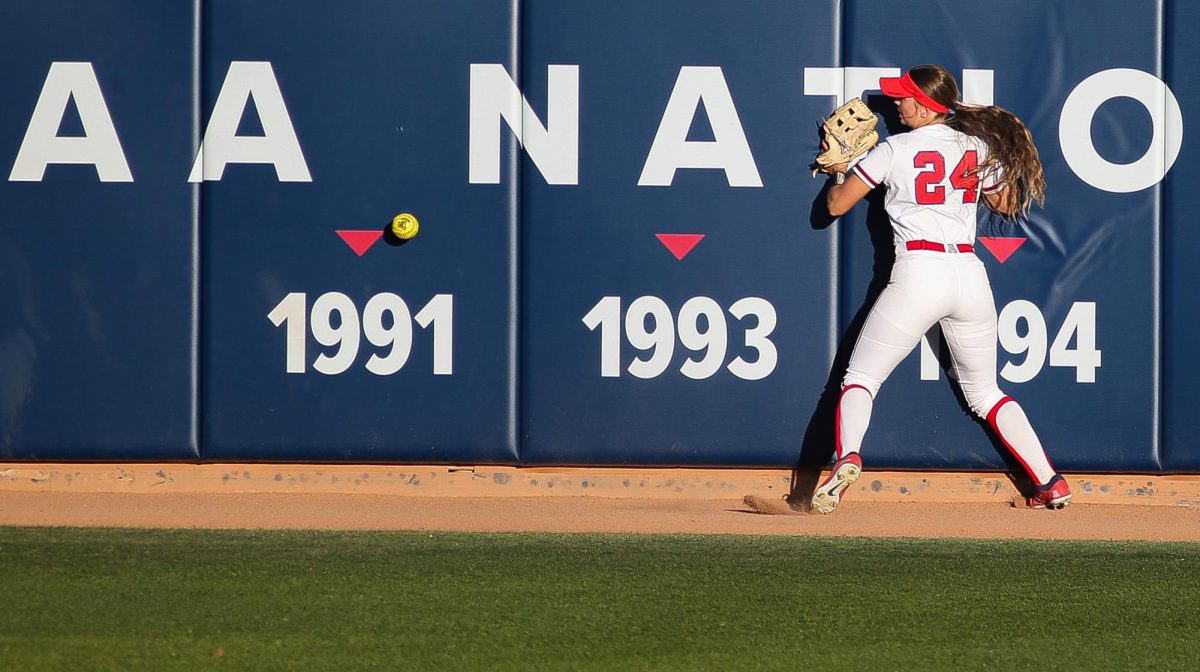“Pride. Tradition. Loyalty.” Penn State’s athletic credo has never meant less.
The once gleaming reputation of the Nittany Lions along with the reputation of the late Joe Paterno has crumbled and fallen apart like day-old bread, thanks to the most recent findings in the Jerry Sandusky sex abuse scandal brought forth by the Freeh report.
The Freeh report, a 267-page, eight-month inquiry by former FBI director Louis Freeh, shed more light on the open sore that is the Sandusky scandal.
Thanks to Freeh, we now know former school president Graham Spanier, senior vice president Gary Schultz, athletic director Tim Curley and Paterno were all aware of Sandusky’s crimes, but decided against reporting him to preserve the reputation of their football program.
Congratulations, gentlemen. You clung to the positive public perception of your beloved Nittany Lions for 13 years, but now the scandal has overtaken the nation and damaged the psyche of those who looked to Penn State as a symbol of stability and excellence in collegiate athletics.
From the moment Victim 6, as he is called in both the trial and Freeh report, was assaulted in the Lasch building showers in 1998, Sandusky should have been terminated as a coach and representative of Penn State.
Instead, campus police, who provided the only in-depth investigation against Sandusky of any kind, concluded that no crime should be logged, even after hearing Sandusky admit that he hugged Victim 6 in the showers, presumably allowing their genitals to touch. University officials and the police department advised Sandusky to refrain from entering Lasch alone with a child at any time in the future, which he agreed to.
Instead, Sandusky was granted emeritus status, allowing him access to every recreation facility on campus, which Schultz and Spanier approved, even after learning of the original 1998 incident in the showers with Victim 6.
Sandusky was deemed an appropriate “Volunteer Position Director – Positive Action for Youth” by Paterno at the request of Sandusky, who was told he would not be the heir apparent to Paterno as head coach. His position allowed him to start Second Mile, an organization for disadvantaged Pennsylvania youth that we now know was the means by which Sandusky found and preyed on most of his victims.
All the while, the brain trust of the university and athletic department, not just Paterno, empowered a sexual predator because of his claimed passion for aiding youth in need.
By “aiding” the youths he assaulted, Sandusky created a “culture of concealment,” as Freeh put it. This could have been stopped at any time, most notably in 1998 or 2001, when graduate assistant Mike McQueary reported to Paterno that he had seen Sandusky in the showers with yet another pre-pubescent boy.
Upon hearing of the incident, Paterno told McQueary, “You did what you had to do. It’s my job now to figure out what we want to do.”
Paterno reported this — the second Sandusky incident brought to his attention — to his supervisors, who again did nothing but review the 1998 incident and forbid Sandusky from entering Lasch with a child alone ever again.
“Despite Spanier’s, Schultz’s, Paterno’s and Curley’s knowledge of criminal investigations of Sandusky regarding child abuse as early as 1998, they failed to control Sandusky’s access to the university’s facilities and campuses,” page 103 of the Freeh report states.
What made the Sandusky predicament worse were the lies told to the grand jury in January 2011.
Paterno was asked if he had any previous knowledge via “any way, through rumor, direct knowledge or any other fashion” of Sandusky’s unjustifiable actions.
“I do not know of anything else that Jerry would be involved in of that nature, no,” Paterno said. He briefly addressed that he may have heard a rumor in his presence, but that the conversation was directed at someone else.
He knew. They all knew, and did nothing for the sake of reputation and avoiding bad publicity: every athletic program’s worst nightmare.
Spanier, Curley, Paterno and Schultz picked the absolute worst time to show the loyalty that Penn State attempts to engrave in the minds of students, faculty and alumni.
The men who had the power to stop Sandusky from routinely sexually abusing children did nothing in order to preserve a faulty perception of what Penn State is, and in the process may have irreparably damaged not only their reputations, but the future of Penn State football as well.



